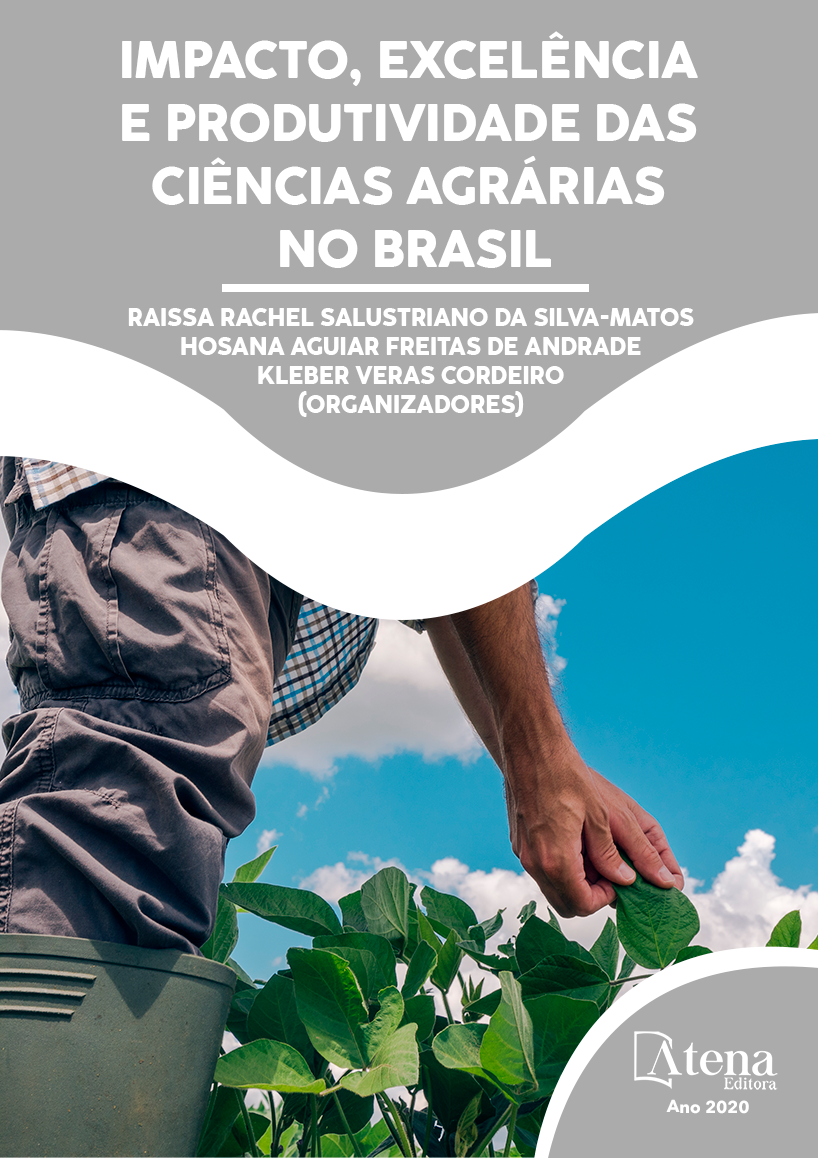
AVALIAÇÃO DO POTENCIAL DE GERAÇÃO DE ENERGIA A PARTIR DA ESTIMATIVA DOS RESÍDUOS FLORESTAIS BRASILEIROS
No Brasil, as florestas nativas e plantadas representam um importante patrimônio nacional, compreendendo mais de 58% de seu território. Em consequência disso, a silvicultura e o extrativismo destacam-se na economia brasileira, onde seus produtos são destinados à geração de energia e à transformação em bens de consumo, estes remetidos principalmente ao mercado externo. Entretanto, a colheita e o processamento mecânico desses produtos geram quantidades significativas de resíduos sólidos com alto potencial de reaproveitamento energético. Através da metodologia disponibilizada pelo IPEA (2012), foi possível estimar o volume de resíduos sólidos florestais gerados na colheita e no processamento mecânico da madeira e, por seguinte, seu potencial de geração de energia em todas as Regiões e Estados do país. No ano de 2017, a estimativa de geração de resíduos florestais para o Brasil, considerando a soma entre os resíduos da colheita e do processamento mecânico da madeira, foi de 93.987.513,53 m³/ano e o volume de resíduos gerados nas indústrias de papel e celulose foi de 14,4 milhões de toneladas/ano. Os resultados mostraram que a Região Sul se destaca como maior geradora, representando cerca de 41% do total da geração de resíduos florestais, seguida pelas Regiões Sudeste, Centro-Oeste, Norte e Nordeste. O Estado do Paraná, na Região Sul, se sobressai como o maior gerador de resíduos florestais do país e, consequentemente, o que possui maior potencial de geração de energia, 377 MW, o que poderia suprir a demanda por energia de 11% da população do estado. É possível concluir, portanto, que o reaproveitamento energético dos resíduos madeireiros seria extremamente benéfico ao país e que a continuidade de estudos como este deve ser incentivada a fim de observar o comportamento dos dados ao longo do tempo.
AVALIAÇÃO DO POTENCIAL DE GERAÇÃO DE ENERGIA A PARTIR DA ESTIMATIVA DOS RESÍDUOS FLORESTAIS BRASILEIROS
-
DOI: 10.22533/at.ed.75120020412
-
Palavras-chave: Silvicultura. Extrativismo vegetal. Bioenergia. Reaproveitamento energético.
-
Keywords: Forestry. Vegetable Extrativism. Bioenergy. Energy reuse.
-
Abstract:
In Brazil, native and planted forests represent one important national patrimony, comprising more than 58% of it territory. As a result of it, the forestry and extractivism stant out in Brasilian economy, where your products are destined to power generation and transformation into consumer products, these mainly send to the foreign market. However, the harvest and the mechanical processing of these products generate significant amounts of solid waste with high potential for energy reuse. Through the EPEA’s metodology, it was possible to estimate the solid forest waste volume generated at harvest and wood mechanical processing and, for next, its potential of power gerenation in all country regions and states. In 2017, the estimate of Brazillian wood waste generation, considering the sum of forestry and extractivism waste, was 93.987.513,53 m³/year and the gerarated waste volume of the pulp and paper industry was 14.4 million tonnes/year. The results showed up that the South Region stants out as the largest generator, representing about 41% of total forest waste, followed by the Southeast, Midwest, North and Northeast Regions. The Paraná State, in South Region, stants out as the largest generator of forest waste in the country and, consequently, which one that has the greatest potencial for energy generation, 377 MW, which could supply the energy demand of 11% of the state population. It is possible to conclude, therefore, that the wood waste energy reuse would be extremely beneficial to the country and that the continuity of studies like this must be encouraged in order to observe the date behavior over the time.
-
Número de páginas: 14
- Bianca Breda
- Bianca Regina Severgnini
- Sofia Helena Zanella Carra
- Roger Vasques Marques
- Geise Macedo dos Santos
- Vania Elisabete Schneider


